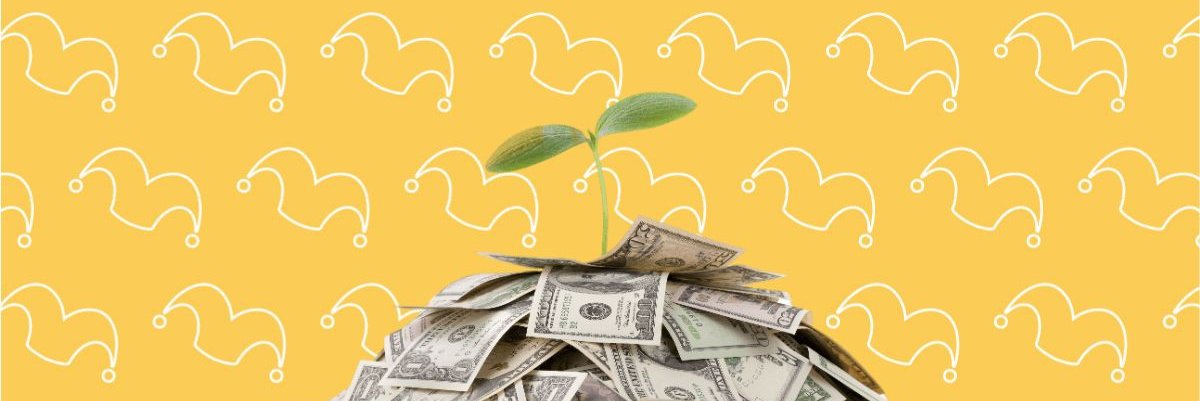Have Lots of Money in Your Checking Account? Here Are 3 Better Places to Keep Your Cash
KEY POINTS
- High-yield savings accounts are safe and convenient, and they offer much higher interest rates than checking accounts.
- IRAs come with huge tax breaks and let you invest in high-growth assets like stocks.
- Regular brokerage accounts don't offer tax breaks, but they do offer the opportunity to earn very high returns.
Most people only need enough cash in a checking account to cover a month's worth of spending, plus a little extra to make sure they avoid overdrafts.
Beyond that, keeping more cash in your checking account could cost you a lot of money, because checking accounts earn little to no interest.
Here are three alternatives that could earn you way more money in the long run.
1. A high-yield savings account
Today's best high-yield savings accounts (HYSAs) have annual percentage yields (APYs) around 4.00% or more. Most checking accounts pay less than 1.00%, and many pay no interest at all.
If your current bank doesn't offer an HYSA, then open an account with a bank that does. Next, open a checking account with the same bank, and you'll be able to make instant transfers between your checking and savings. That means if your checking account is ever running a bit low, you can transfer money from your savings account and spend it right away.
As an example, let's say you have an extra $3,000 sitting in a checking account with a 0.20% APY. If you moved that money to an HYSA paying 4.00%, you'd earn $620 more in interest after five years.
2. An IRA
Once you have enough money in savings, it's time to invest for the future. And one of the best ways to do that is through an individual retirement account (IRA).
IRAs offer huge tax savings, so long as you leave your money in the account until you're 59 1/2 or older. Your contributions can be deducted from your taxable income, and your investments won't be hit with capital gains tax or dividend tax. Those tax breaks can add up to tens of thousands of dollars.
Opening an IRA is easy -- you can do it in minutes through almost any stock broker. But then you'll need to choose and purchase investments yourself.
If you're unsure where to start, consider an S&P 500 index fund. These funds have low fees, and they track the performance of the S&P 500 Index -- a group of 500 of the biggest companies in the U.S. Since 1957, this index has gained an average of 10% per year.
Again, let's assume you have an extra $3,000 in a checking account earning 0.20%. If you put that money in an IRA, invested it in an S&P 500 index fund, and earned a return of 10% per year, you'd be $1,800 richer in five years.
3. A taxable brokerage account
A "taxable brokerage account" is just a regular brokerage account -- without the tax benefits of an IRA.
Why open a taxable brokerage account at all if IRAs are so much better? Because IRAs have a contribution limit of $7,000 per year (or $8,000 per year for those aged 50 or older).
So if you're able to invest more than that each year, then a regular brokerage account is one of your best options after your IRA is maxed out. You won't get all those sweet tax breaks, but you'll still be able to invest in high-growth assets like index funds, stocks, bonds, and more.
You could even open an IRA and a taxable brokerage account with the same broker. That way you can see and manage all your investments in one place.
Ready to get in on the stock market's returns? Check out our list of the best stock brokers, open a new account, and start investing in stocks today.
Don't let your money sit idle
Checking accounts are necessary for almost everyone. They give you the quickest access to your cash so you can pay the bills and any surprise purchases that might come up on short notice.
However, any money that you won't need for the next month or more could be earning you more money if you put it somewhere else. Think big, think long term, and don't rob your future self of money by letting extra cash sit in a checking account.
Our Research Expert
Motley Fool Stock Disclosures
The Motley Fool has a disclosure policy.




